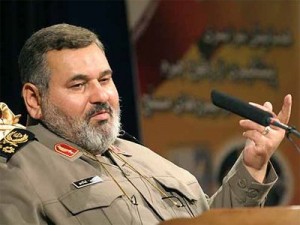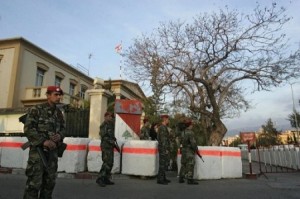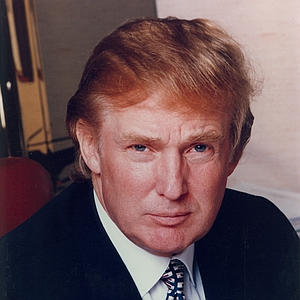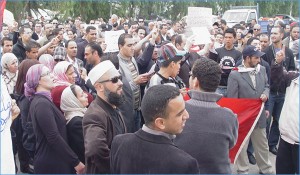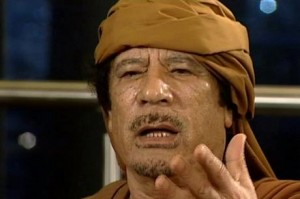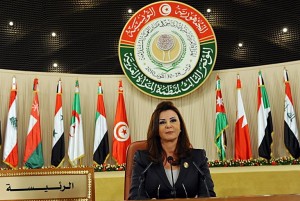
Iran’s President Mahmoud Ahmadinejad called on regional rival Saudi Arabia to pull its troops out of Bahrain, where they are helping a Sunni monarchy put down a Shiite-led protest movement demanding equal rights and a political voice.
Since the wave of Arab unrest hit Bahrain nearly two months ago it has reverberated well beyond the tiny island nation’s borders. Its sectarian element — a key difference from other Mideast uprisings — quickly pit Sunni Arab nations on their side of the Gulf against Shiite power Iran.
“The Saudis did an ugly thing to deploy troops … the Bahraini government also did an ugly work to kill its own people,” Ahmadinejad said at a press conference in Tehran.
A day earlier, it was the Gulf Arab nations’ turn. Their political bloc, the Gulf Cooperation Council, condemned what it said was an Iranian attempt to aggravate sectarian tension in Bahrain.
The Gulf bloc, at an emergency meeting in the Saudi capital, expressed its deep concern “over the continuing Iranian intervention in the internal matters of GCC countries by conspiring against their national security.”
The acrimony goes back well before the outbreak of serious unrest in Bahrain, all the way back to the 1979 revolution that brought Shiite clerical rule to Iran. Since then, Gulf Arab nations have feared Iran was seeking to stir up dissent among pockets of Shiites in their countries and have watched warily as it built up its military and pushed ahead with its nuclear program.
Sunday’s GCC meeting also discussed an alleged Iranian spy network in Kuwait.
But it is in Bahrain that the issue has been the most dramatic in recent years. The kingdom’s population is mostly Shiite although it has been ruled by a Sunni dynasty for two centuries. For several years, Shiites have protested discrimination and a government policy to naturalize Sunnis from other nations to try to offset the demographic imbalance.
The anger periodically exploded into street clashes in which Shiite youths hurled stones and fire bombs at police.
Then in February, taking inspiration from uprisings in Egypt and Tunisia, Bahrain’s Shiite-dominated political opposition took to the streets in numbers never seen before in the country, occupying a central square. A government crackdown killed at least 27 people, and authorities say they see Iran’s influence among the opposition, though there are no apparent direct links.
Unable to immediately contain the unrest, Bahrain’s rulers declared a state of emergency and invited in a Saudi-led regional military force to help.
Saudi Arabia has urged Bahrain’s rulers not to give ground, fearing that would embolden the Shiite minority clustered in its eastern oil-producing region, which lies just across a causeway from Bahrain.
Ahmadinejad brushed aside the GCC statement.
“We attach no legal value to this statement. It’s evident that this statement was made under pressure from the U.S. and its allies,” Ahmadinejad said.
Iran insists the Shiite-led opposition protests in Bahrain do not stem from a sectarian dispute but are an uprising against tyranny.
The U.S. has pressed its allies in Bahrain, home to the U.S. Navy’s 5th Fleet, to meet some of the protest movement’s demands for reforms. The opposition has appealed to the United States for stronger intervention to stop the crackdown.
Ahmadinejad also attacked the U.S. in his remarks to reporters, saying President Barack Obama’s time in office has been disgraceful.
“I promise with certainty that the American administration today is more disgraceful than the previous administration. The U.S. and its plans are doomed to fail,” he said.



